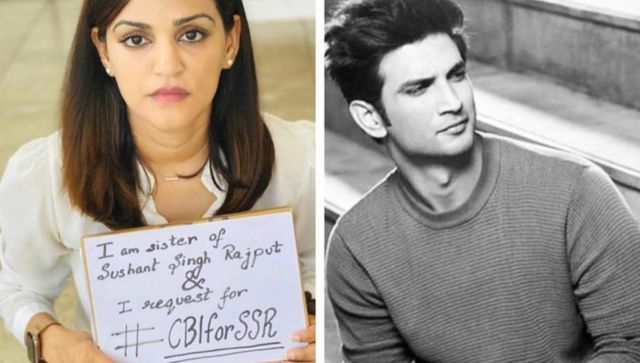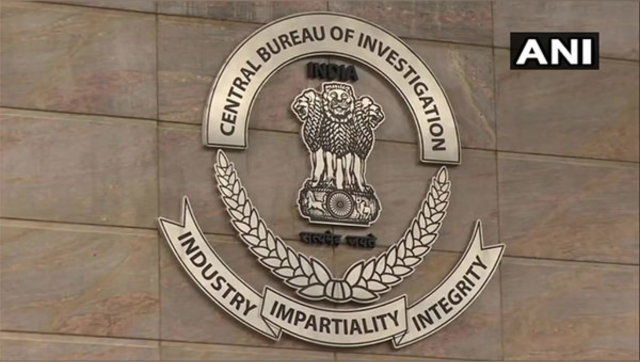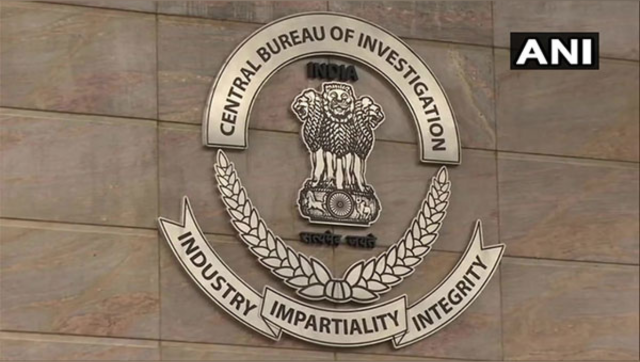Justice Markendaya Katju may be one whom you may not fancy or measure up to your image of a Supreme Court judge. But you just can’t ignore him. I wish I had got to know him when he was in Chennai. That is my loss. I have however heard interesting references to him as a maverick and one who did not hesitate to speak his mind out. He has certainly put the cat among the pigeons by alleging that three successive Chief Justices had buckled under governmental pressure in confirming a Madras HC Judge and ignored a decisive IB report on the judge’s character. Even those who have questioned the timing of his disclosures have not said anything about his integrity. You may not agree with me when I say that we need more Katjus in every discipline, if only to keep dubious characters out serious public business.
In all the debate about what Justice Katju has revealed, I am surprised that one important point has been ignored: the assigned role in such sensitive matters to the Intelligence Bureau (IB). This is ironical because everyone quotes the IB report as if it was a sacred cow that cannot be commented upon. This is amusing because, the way things have developed, the final decision in the two recent cases (Gopal Subramaniam and Justice Ashok Kumar) under the scanner, had a lot to do with two IB reports. Having been in the IB for nearly 15 years I am extremely gratified that the organisation still holds its head and is relied upon by successive governments to help take crucial decisions.
Taking into account recent controversies in the two cases cited, the question arises as to whether there is a need for a second look at the system that has evolved over the years in directing the IB to aid the Executive while making judicial appointments.
There are certain facts here that many are not aware of. The IB, unlike the CBI, is not recognised by any Act of Parliament. (While there is no CBI Act, it finds recognition in the Delhi Special Police Establishment Act and the Central Vigilance Commission Act.). The IB has come into being only on the basis of an Executive order. To this extent, it has no accountability to the ordinary law of the land. It is a part of the Executive and in this sense lacks credibility.
If it has still been entrusted with the critical function of vetting the background of prospective judges, both of High Courts and the Supreme Court, there are two factors. First, the Executive has no other reliable agency to perform this task. There are certain legal niceties in not asking the CBI to do this.
Secondly, the IB has acquired a professional élan unmatched by other wings of government, and hence can be depended upon for not mucking up the exercise. So far so good.
The point however is both the Executive and judiciary give a lot of weight to an IB report. What happens when the former two are at loggerheads over a particular appointment? This seemed to be the case in the Gopal Subramaniam case initially, until the Apex Court backed out following government’s objections to the appointment.
Supposing the the Court had taken the view that it did not give credence to the IB report, what would have happened? This is an interesting speculation. This may be hypothetical just now. But it may not be always. The complexities of our polity throw up interesting possibilities for the future.
This is why we need to know more about the mechanics that IB employs in reporting on individuals considered for appointment to the higher judiciary. There is always the lurking suspicion that the IB brass rely heavily on their field officers, some of whom may not exactly be equal to the task of ferreting out all facts about an individual.
Facts at that level are usually fuzzy. We would like to know whether there are means of crosschecking on each report at the highest level of the IB. There is also the fear of a lack of objectivity on the part of the reporting officer in the lower formations. I am sure the IB is taking steps to ensure nearly foolproof reports that can hardly be challenged in higher forums for their factual accuracy or objectivity.
The IB may certainly have special units for this serious exercise. They need to be honed for the task. IB cannot relax its vigil here just because its reports are not subject to scrutiny by the judiciary.
One more important point that deserves introspection. Why should the judiciary depend upon reports which first go to the Executive, and then are routed to it? To avoid embarrassment to the latter, will it not be better for the Supreme Court to directly deal with the Director IB in obtaining information on the antecedents of a candidate shortlisted for appointment.
This is identical to Court-monitored investigations by the CBI, where the latter is asked to keep the Executive out of the picture. Such a procedure is eminently practical. It is also equally desirable if one reckons the recent controversies.
The writer is a former CBI Director who was also earlier a Joint Director in the IB.


)




)
)
)
)
)
)
)
)